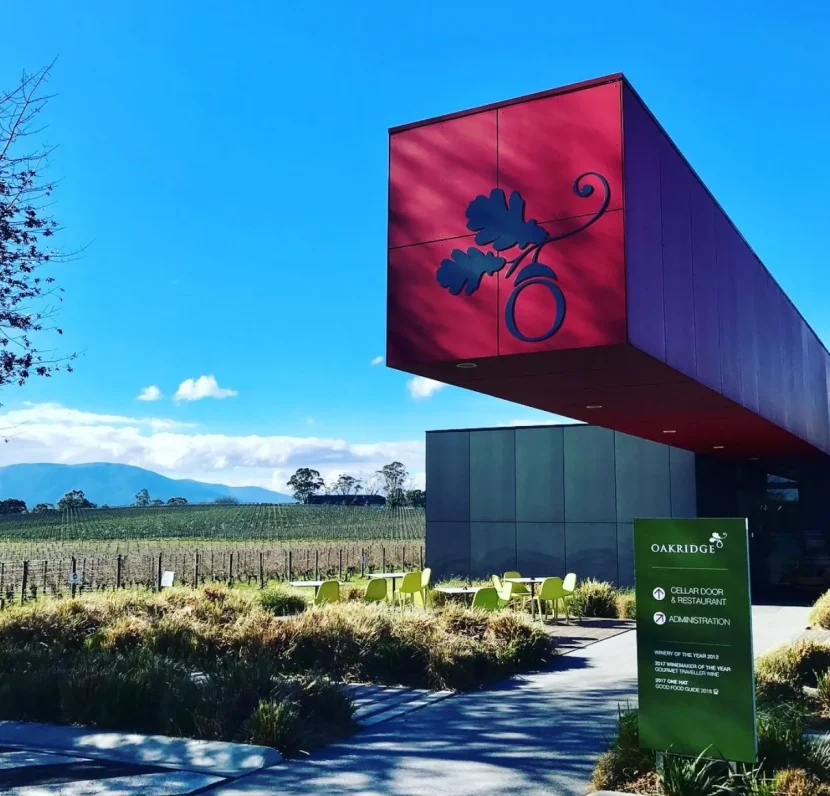The Yarra Valley is a picturesque place in Victoria and also the most important place for winemaking. That has taken centuries. This famous wine area has grown like its fine wines, blending traditional methods with new techniques to become a name known across the world. Here, there are the classic styles of its legendary vineyards or maybe some succulent delights from any of the wineries involved in the Yarra Valley winery tours, this rich history in these lush soils of the Australian enclave.
The Origin of Yarra Valley’s Vineyards


In this remote land, grapevines were first planted here at about mid 19th century. The region quickly became one of Australia’s wine regions whose wines had their uniqueness which was marked by complexity and subtlety. It is these early adopters who laid the foundation stones on which this industry has been built over time.
Yarra Valley owes its viticulture to climate and geography factors as well. Nestled between rolling hills and protected by Great Dividing Range, it experiences cooler climate essential for several grape varieties especially pinot noir and chardonnay used as base wines for majority sparkling and still wines from YV. The cool climate slows down ripening enabling grapes to develop good acidity as well as flavor depth typical to all wines from YV.
Pioneering Yarra Valley Wine
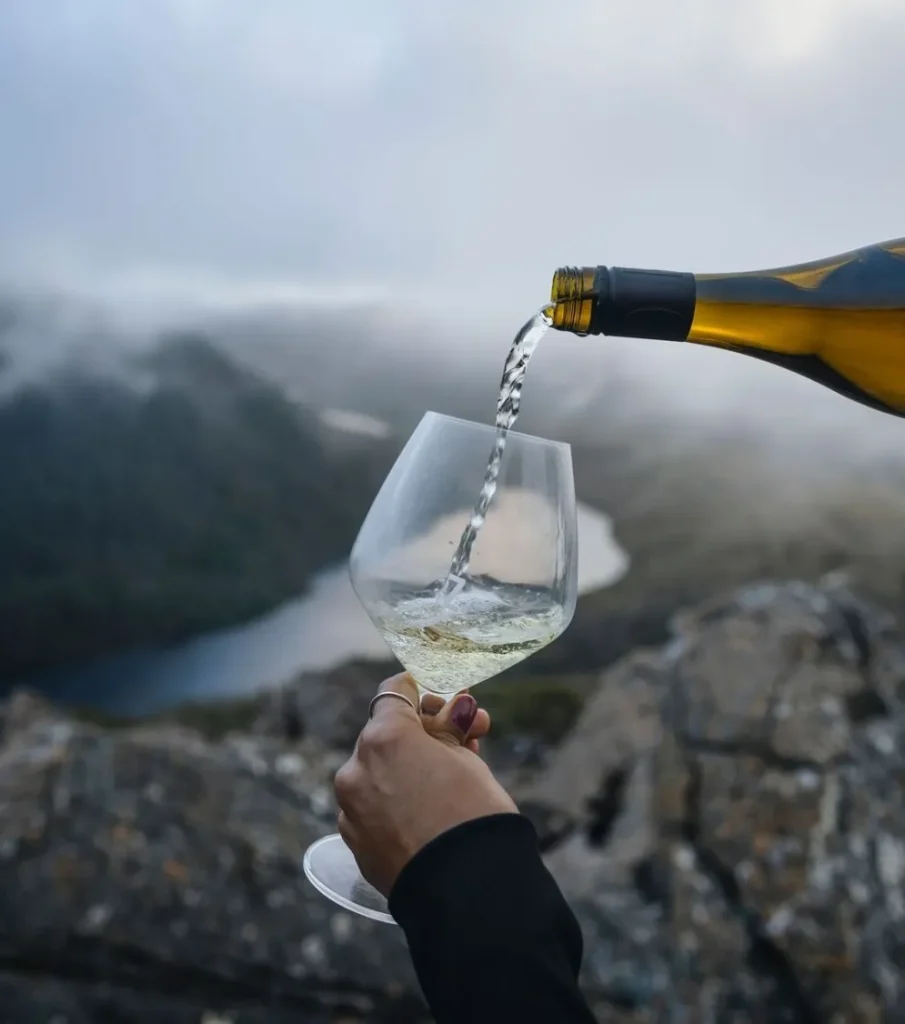
However, pioneers have left their indelible marks in the history of winemaking in Yarra valley. The founders of this area were visionaries as they saw potential where others did not see anything when they looked into those slopes and different climates. These innovators introduced lasting classic styles that have been passed down through generations.
Later on during 19th century these pioneering vintners started experimenting with various grape varieties and fermentation techniques leading to a vast range found today within the region’s portfolio. Through their introduction of cool fermentation temperatures together with aging processes using French oak barrels, Yarra Valley has become a benchmark for quality and innovation in winemaking.
Key Figures and Their Legacy
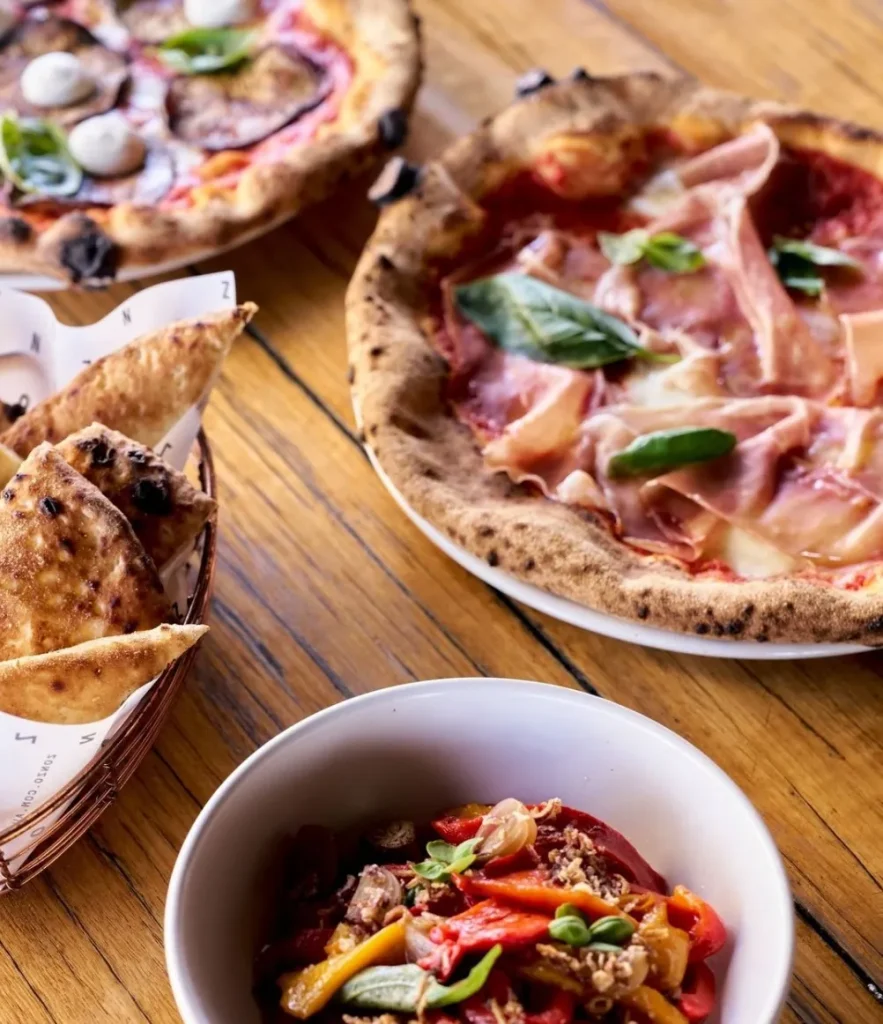
A number of individuals played significant roles in shaping the story of winemaking in Yarra Valley. Paul de Castella and Guillaume were among the first to develop commercial vineyards here. Besides advancing viticulture, they also created a community centred on wine production that still exists today. These principles of sustainability, as well as quality, have been a beacon for modern vintners located in the valley.
Game-Changing Innovations
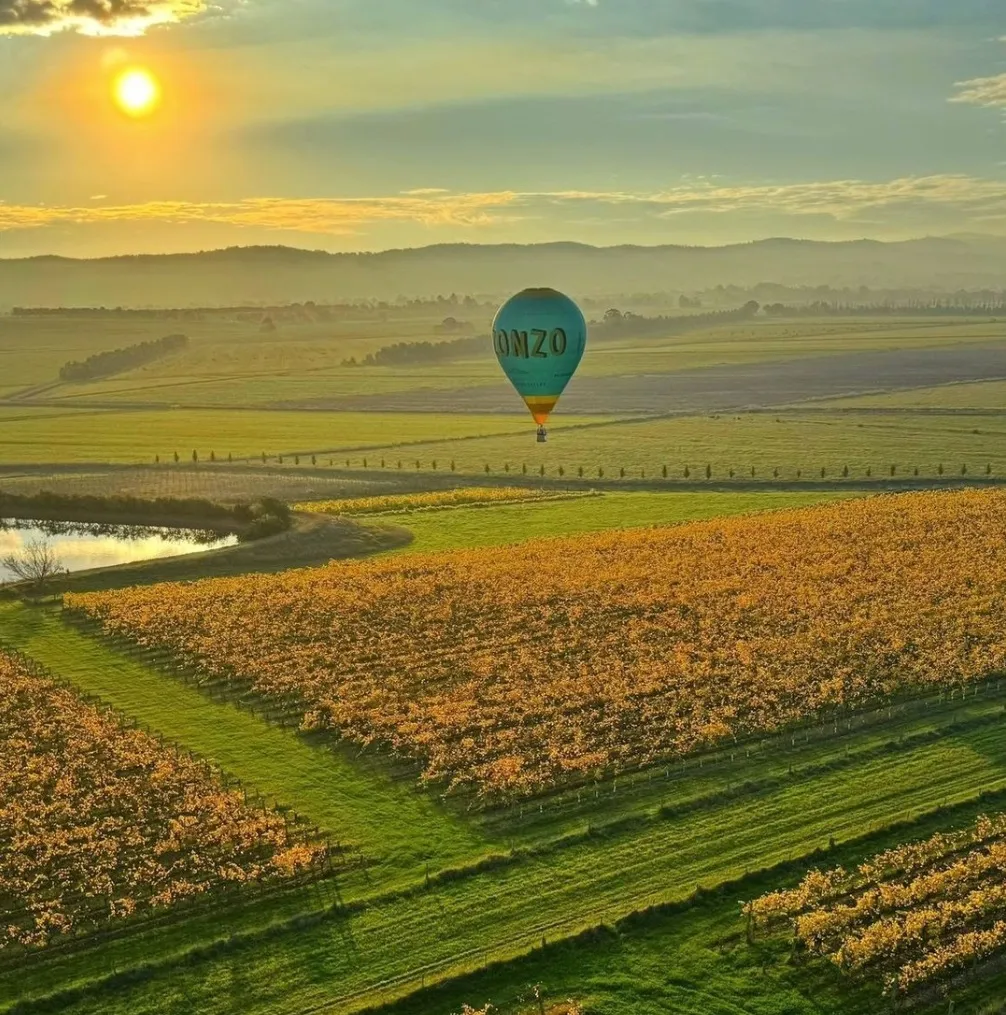
In order to make its name in the global wine industry, Yarra Valley had to adopt new technology and techniques that came along with them. Modernization like this made it possible to achieve consistent production of high quality wines by applying control yeast addition as well as regulating fermentation temperature. These advantages, coupled with natural endowments, have led to international recognition for YV wines.
Winemaking in the Golden Age
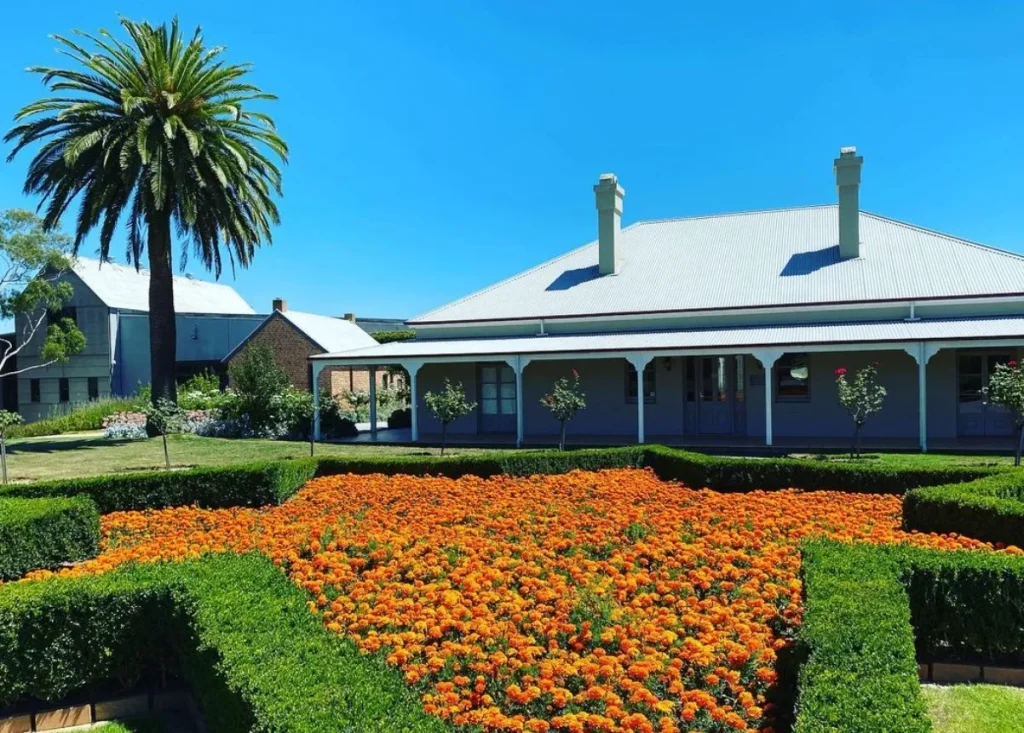
Yarra Valley’s winemaking history had a golden age during the 20th century as its size and reputation increased considerably. From the 1950s, there was a major revival and expansion of the wine industry because of new interest in locally made high-quality wines. Today’s most popular vineyards for oenophiles around the world came into being at that time.
Expansion in the 20th Century
A resurgence of Yarra Valley’s wine industry in the latter half of 20th century could be attributed to a combination of business acumen and technical development. Modern viticulture techniques arrived here with market orientation that would make Yarra Valley wines seen all over Australia and abroad.
Development of Wine Tourism: Through this period winery tour was born and established as one of tourism attraction sites. A typical Yarra Valley winery tour will take you behind the scenes from grape to bottle.
Revival of Classic Wine Styles: Focusing on classic wine styles like Chardonnay and Pinot Noir that are best suited to cool climate regions; such efforts were taken.
Acclaimed Vintages
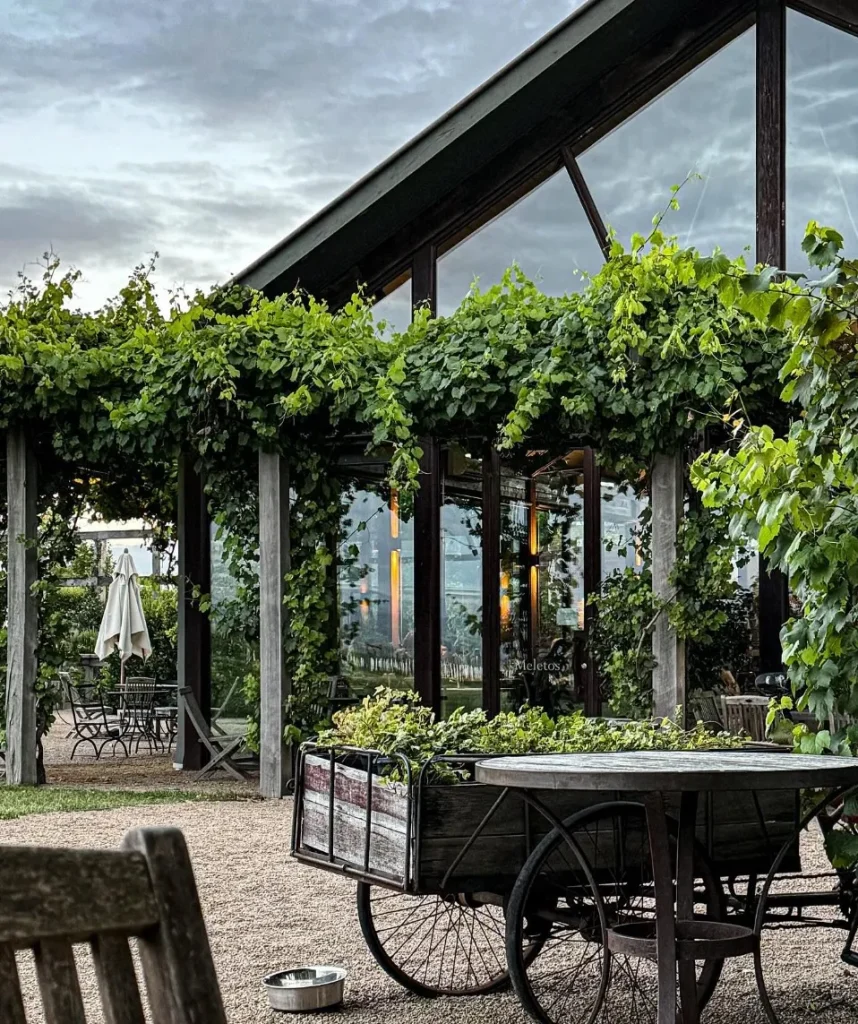
There were many acclaimed vintages produced between 1986-1997 which have become standard bearers for Yarra Valley quality. This has resulted in years like 1983, 1992, and 1999 gaining repute due to their exceptional quality standards thereby increasing the region’s prestige as a top wine producing zone globally.
Modern Winemaking Techniques
Wine production has shifted towards sustainability within Yarra Valley in recent times. This is reflected by an organic transition that is spreading across all agricultural sectors, but it is more profound when it comes to viticulture, where purity closely relates to land healthiness.
While sustainable practices preserve the environment, they can also enhance wine quality. By concentrating on soil health and reducing chemical inputs, they are able to produce grapes with more natural flavours that taste as they did right from the vine. Vineyards minimize their ecological footprints by utilizing technologies such as drip irrigation and solar power. Furthermore, precision viticulture, which involves detailed monitoring of vineyard conditions through advanced technology, allows for more targeted interventions, ensuring each vine receives exactly what it needs to produce the best fruit possible.
Sustainable Practices
Some of these organic farms are already undergoing full conversion of their vines with a number of vintners being at the forefront. In addition to keeping the synthetic pesticides and fertilizers out of it, these methods encourage biodiversity around the vines. This has been found to improve the wines’ complexity as well as taste character thereby giving them an edge over others in a competitive market.
Technology in the Vineyard
The adoption of green practices is not just about protecting nature but also enhancing wine quality, continuing on from sustainability angle. Improved soil health and less chemical dependence enable Yarra Valley winegrowers to harvest grapes that have more authentic flavours. Technologies such as drip irrigation and solar power help reduce environmental impact in vineyards while precision viticulture tracks every stipulation necessary for individual vines yield maximum fruit crop which should give rise to the best fruit possible through observance of aerial patterns via advanced technology ranging from soil moisture sensors to drones analyses vine health from above, helping wineries determine when wines are ready for bottling
Wine Tourism in Yarra Valley
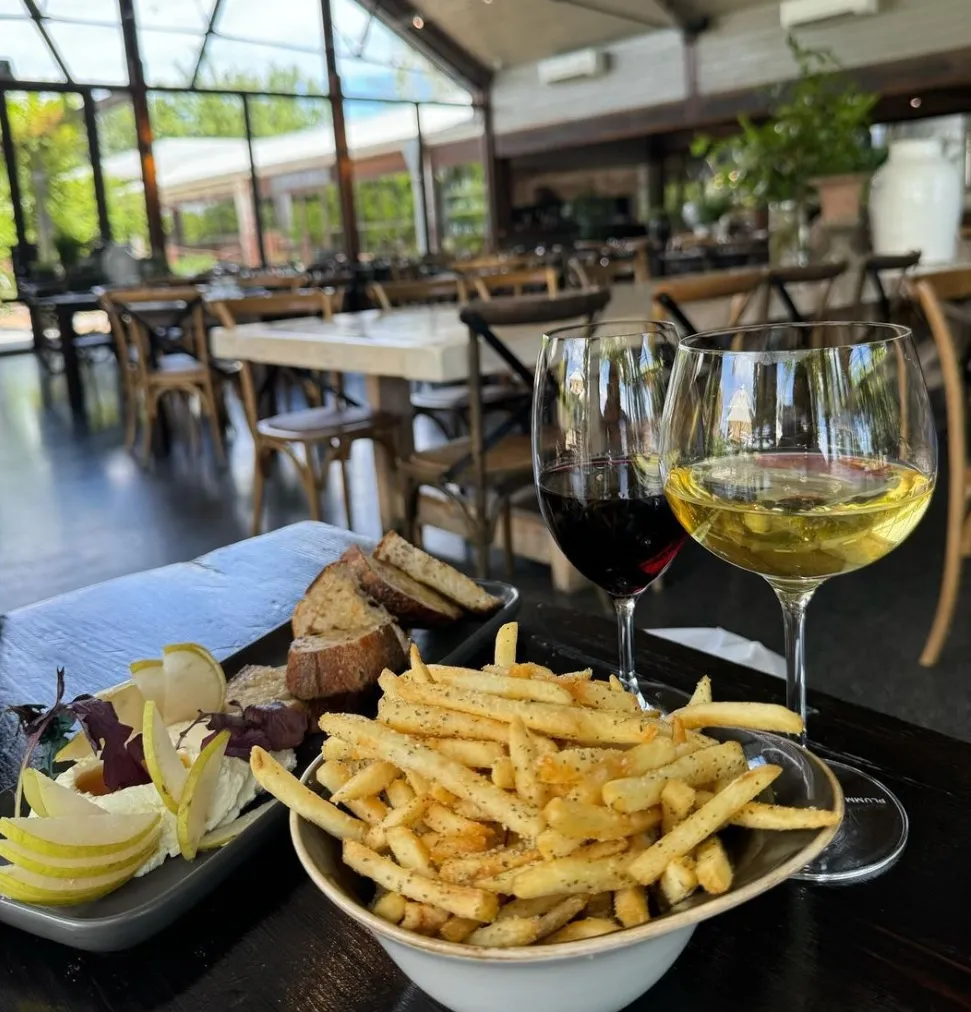
Yarra Valley’s wine tourism is dependent on the winery tours and tastings, which give an opportunity for tourists from around the world to see how grapes are turned into wines and get a taste of the local culture. The personalized encounters provided through these tours create strong relationships between the wine lovers and the fertile landscapes of this place thus increasing their knowledge on and admiration for Yarra Valley wines.
Winery Tours and Tastings
The customization associated with winery tour in Yarra Valley caters to all types of wine connoisseurs, ranging from amateurs to experts. Visitors can partake in such guided samplings where they are told about the subtleties of fragrance, body as well as finishes that describe Yarra Valley Wines. From time to time, these walks include walking through vineyards, visiting cellars or food and wine pairing classes which highlight area culinary artistry.
Wine Festivals and Events
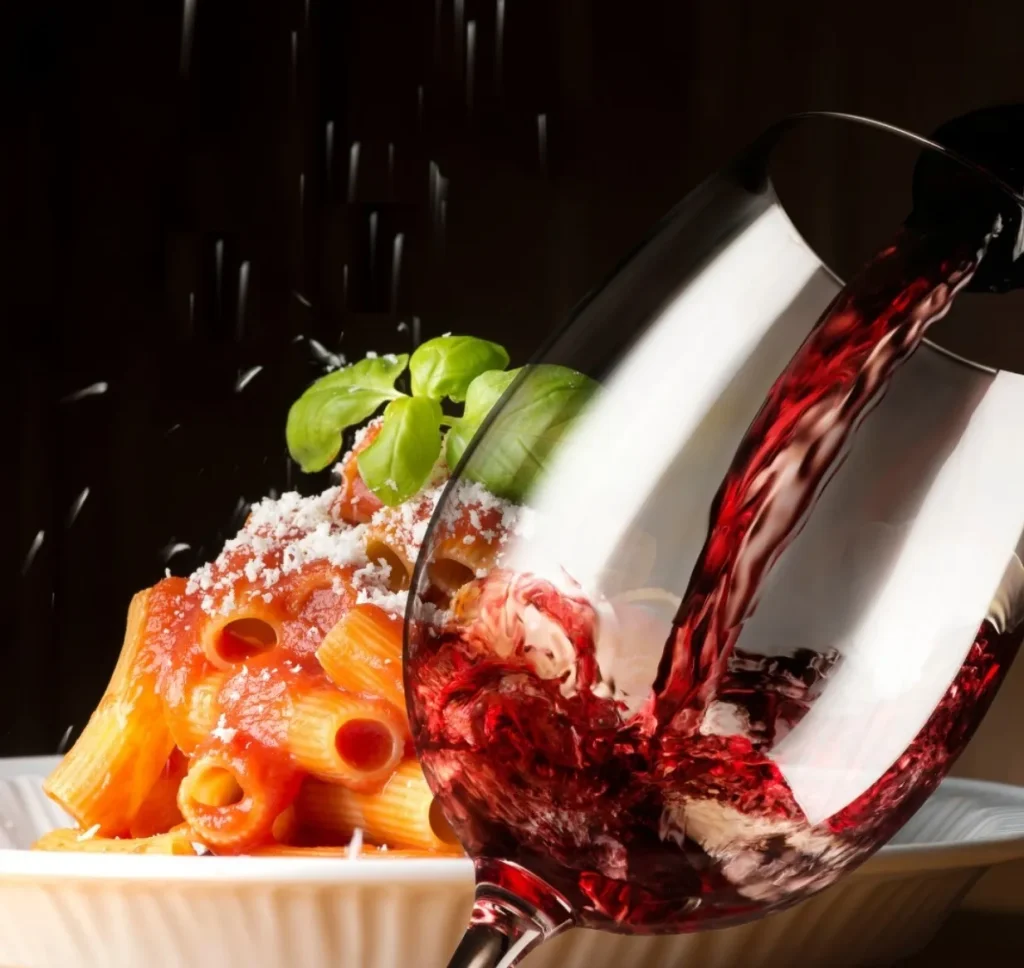
Yarra Valley also hosts several festivals throughout different periods in relation to its high quality viticulture. For instance, the Yarra Valley Grape Grazing Festival provides an opportunity not only to sample various types of wine but also other products grown within this region such as crafts, foods among others representing a colorful tapestry of cultural expressions from this valley.
Challenges and Resilience
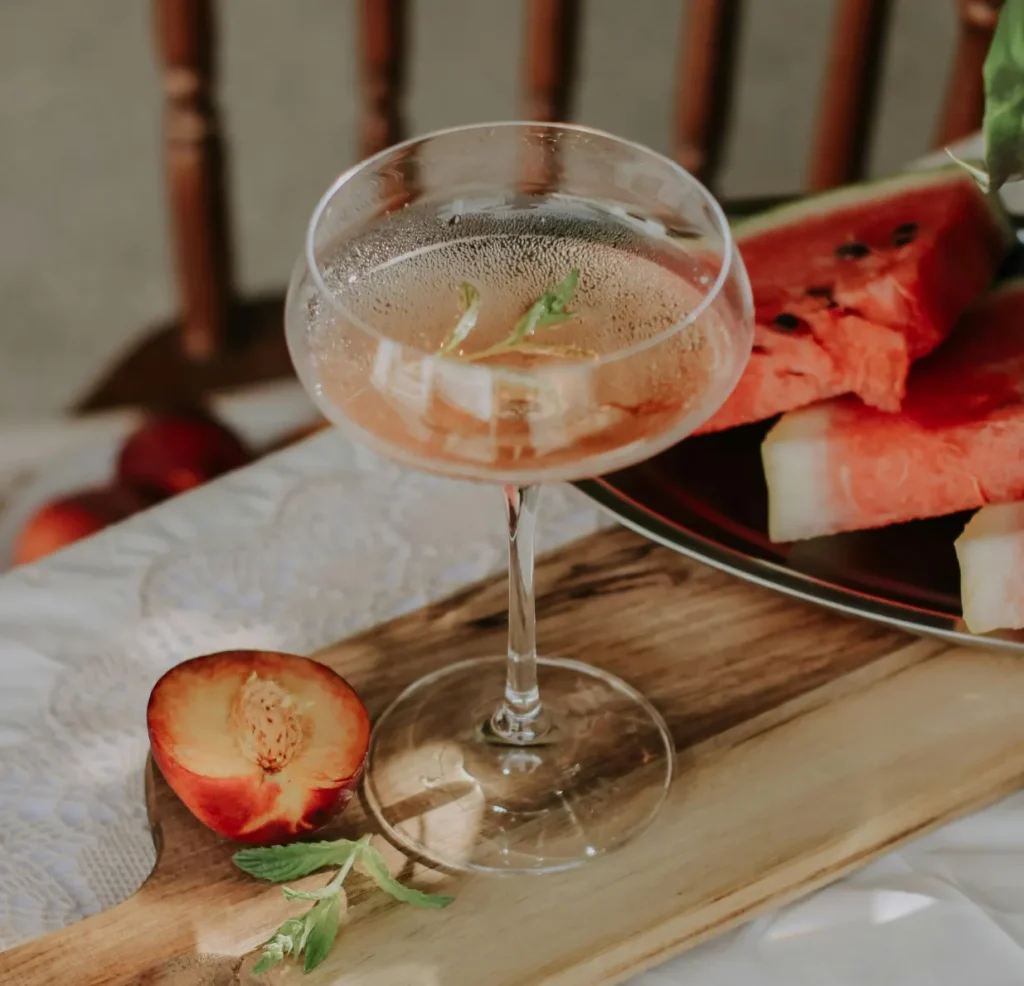
Nevertheless, despite its achievements; challenges like climate change and fluctuations in markets continue being faced by the Yarra Valley Wine Industry today. Nevertheless, resilience coupled with innovative spirit has enabled winemakers here adapt hence thrive.
Overcoming Adversity
As they confront issues like water shortage and warming temperatures, grape growers within Yarra Valley invest heavily into research as well as collaboration aimed at finding solutions that would sustain viticulture under changing climate conditions. Consequently mulching for retaining soil wetness is utilized while heat tolerant grape varieties are selected for planting among other adjustment measures taking place within this region.
The Global Stage
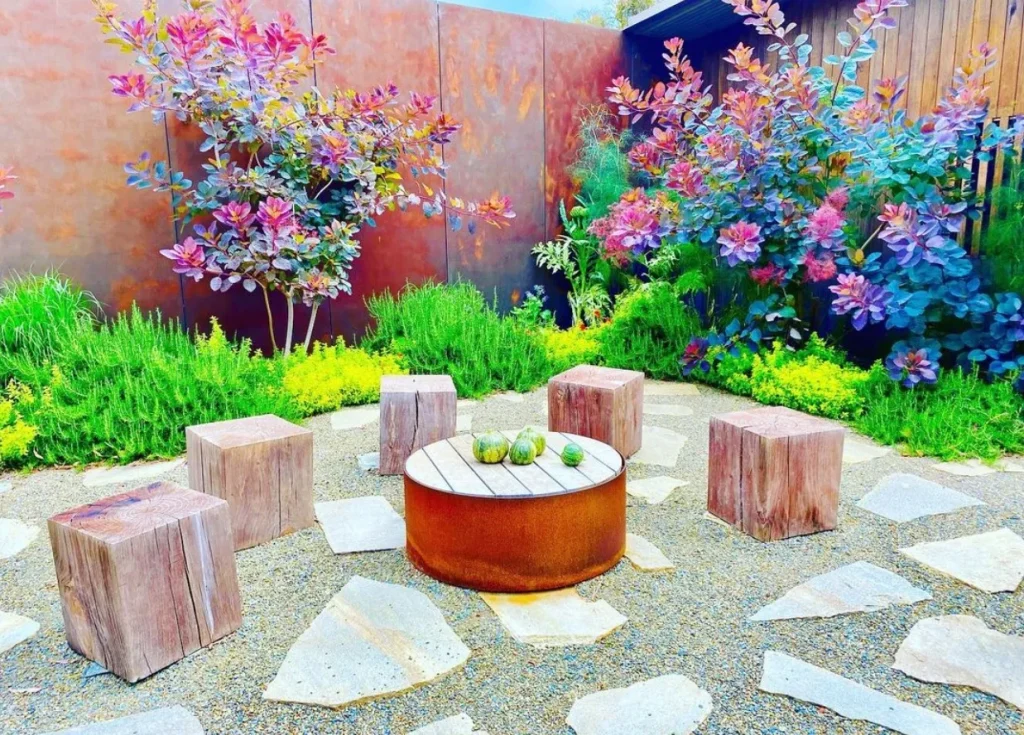
In competition with other best wines from all over the world, Yarra Valley wines are still receiving international accolades. The focus on quality, sustainability and innovation differentiate the region’s wines in global markets making them remain a must have for most wine lovers, thus keeping its reputation as an outstanding wine region.
Conclusion
The story of wine production in Yarra Valley is a tapestry of adaptability, tenacity, imagination, and community. Beginning with early settlers in the 19th century to present-day winemakers; this locale has continued to produce wines that mirror the high standards as well as diversity of its terroir. As Yarra Valley continues to be faced by global pressures and evolves its practices; it will always remain a leading destination because it inherits a rich background full of success stories.
Frequently Asked Questions
What is the oldest winery in Yarra Valley?
Yering Station established itself as the oldest winery in Yarra Valley in 1838, which is known for being deeply rooted in heritage, hence shaping the wine industry here.
Can you recommend the best time of year to visit Yarra Valley wineries?
March until May falls within autumn giving visitors an opportunity to witness grapes being harvested while leaves change their color along vineyards besides relatively cooler weather conditions making it ideal period for touring Yarra Valley’s vineyards.
How has Yarra Valley wine changed in the last century?
Innovations in viticulture and winemaking techniques, adoption of sustainable practices, and a focus on premium quality production have caused evolution of Yarra Valley wine over the past century. What is this change like, and how did it help maintain its reputation as a producer of world class wines?
What are some good wines for first-time visitors to Yarra Valley?
The initial-timers must taste Chardonnay and Pinot Noir. The essence of the region’s terroir is captured by these varieties revealing the refined craftsmanship employed by its winemakers.
Are there any wine education courses available in Yarra Valley?
Yea there are lots of wineries in Yarra valley offering wine education courses for beginners up to advanced levels. These cover wine tasting, winemaking processes and history on its development from traditional to modern methods.
